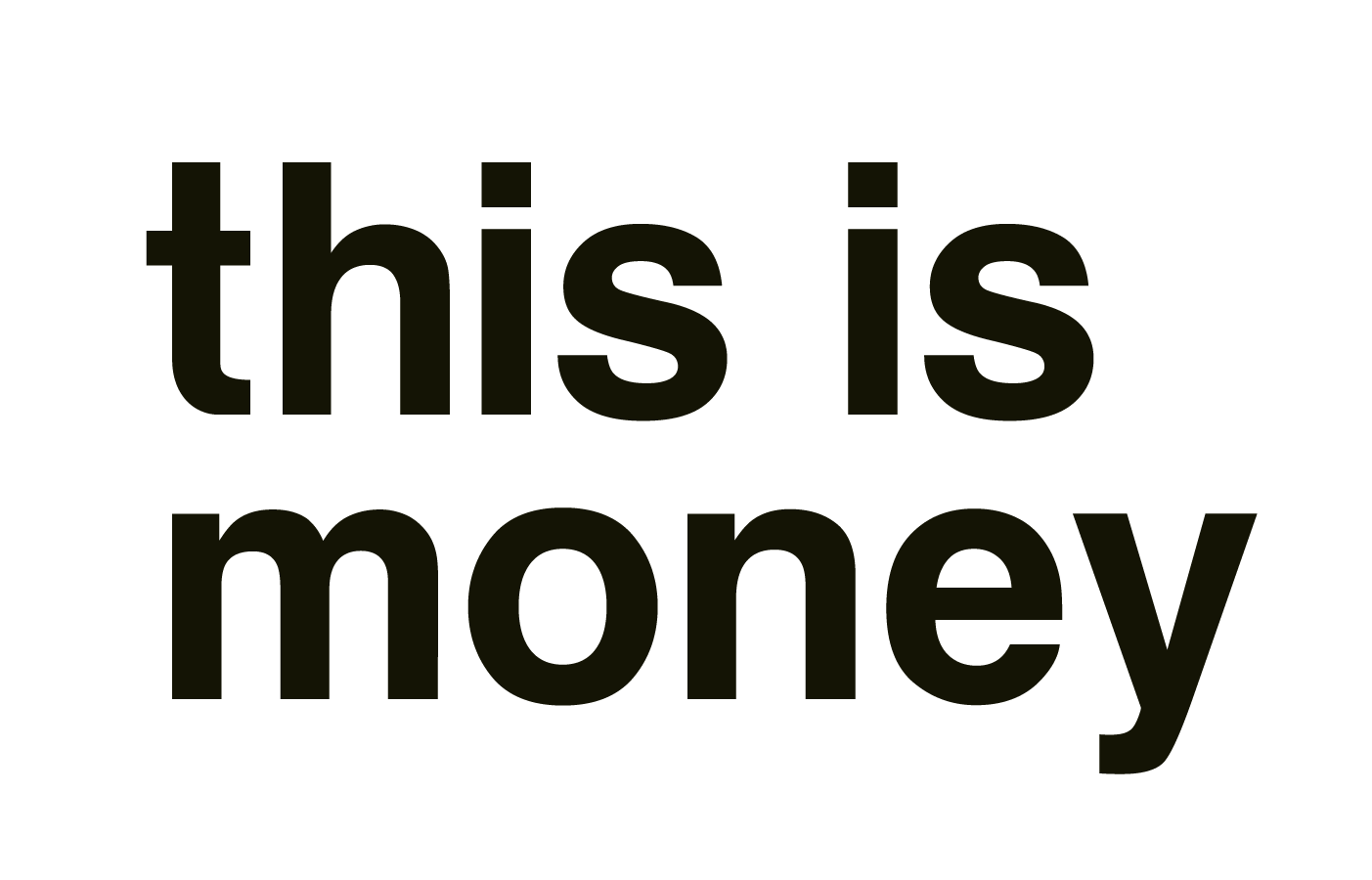A dozen ways to get your dream job
Top tips from Emily Bowen, Manager Forsythes Recruitment & HR, and co-host of my millennial career
1. Be career self-reliant!
Career self-reliance is taking responsibility for your own work and career. It is about actively managing your career through a continued and consistent effort to remain relevant in the job market. No silver platter service, this one’s on you.
2. Approach the job search as an infinite game.
Even when you aren’t searching for a new job, you should still be thinking about it. It will ensure that when the time comes through your own choice or through circumstances outside of your control, you have options. Activity now is an investment in your future. There are inexpensive ways to do this such as freelancing, volunteering, reading, Board appointments, networking, mentoring, MOOC courses, blogging . . .
3. Aim for about an 80% match.
If you see a job advertisement that appeals to you, your experience is most of the way there and you are a keen learner, why not apply? You have to be in it to win it.
4. Brilliant idiots need not apply.
Emotional intelligence and humility are just as important as technical competence. Employers are not interested in tolerating high maintenance team members and as millennials we can be our own worst enemy. We are so accustomed to getting what we want instantly that we can present with a level of overconfidence and unrealistic expectations of big titles and big salaries from too early. Channel this generation-defining confidence constructively by allowing it to instead give you the energy to have a go without the ego.
5. Access the “hidden job market”.
Approximately 80% of jobs are not advertised and most of them are filled before you even know about them. Why compete with the majority of people for few jobs on the open market? It does take more effort however it maximises your chances of securing the work you want. This includes proactively engaging all the different online and offline puzzle pieces that go into finding a job. Think; recruitment agencies, social media, paid and volunteer work experience, attending networking and industry events, and leveraging your relationships.
6. Write for your audience not for yourself.
When crafting a resume first impressions are critical and your reader needs to be able to easily see the value you could add on a skim. Include lots of white space and let go of any emotional attachment to information that is not relevant to the job you are applying for – especially that time you placed first in the under 16’s freestyle relay.
7. Beware: University qualifications are no longer a competitive differentiator.
They are a simply a ‘hygiene factor’. When looking at Gen X, 1 in 4 have a degree. For Gen Y it is 1 in 3. And now as Gen Z is entering the workforce, it is 1 in 2.
8. Don’t be scared of the interview.
A few butterfly nerves are good, but fear is unnecessary. Interviews are just two people having a conversation and trying to solve each other’s problem – when the employer meets with you, they want you to be successful. So, use this chat as an opportunity to look for fit for yourself as well as the employer. Is this a place you will be happy? What is the vibe like between you? Do you want to hang out with them every day? How do the organisations long term plans align with your own? The best way to seek out a genuine values-based connection is by asking lots of questions and allowing the interviewer to see your true personality.
9. Hire yourself as PR Manager.
Have you ever Googled your own name? Employers will search for you and start to create a perception of your employee brand, your suitability for the role and your cultural fit before they have even spoken to you. Manage your online presence to work for you, not against you by carefully curating your personal social media posts, going hard on the privacy settings of Facebook and Instagram, and gussying up your professional profiles such as Seek Talent Search and LinkedIn.
10. Talk about money as late as possible in the recruitment process.
The time that you are the preferred candidate, before you have accepted the job; that is the time at which you have the most power and influence to negotiate. Be clear on your true drivers and all levers that you have to play with as you enter these discussions. Consider professional memberships, an ‘at risk’ component linked to performance, flexibility, wellbeing initiatives, on the job development and other creative options with a long term investment mindset. Also be sure that you and the employer are both talking the same language when it comes to Superannuation – is the offer on the table inclusive or exclusive?
11. If you are shifting careers, have patience.
Changing careers is not an overnight play. You are investing in your longer term happiness and good things really do come to those who wait (and work hard). It is unlikely you will get your dream job immediately but you can get a job that is a building block. Think of it as a step-by-step, not all-or-nothing transition. Have your ultimate dream, set your goals to get there and then chip away at them incrementally. If you are unsure of what you need to do, review job advertisements for the position you want in the future and use the criteria to create an experiential to do list so that you can intentionally build your expertise to match.
12. Get comfortable with rejection.
Your skill set and personality isn’t going to please everyone, and it’s not meant to. Plus, you don’t know who your competition is and no matter how well you perform, you might not be the best on the day. No to this job doesn’t have to be no to every job with that employer. This is the start of a new relationship in your network and you can choose how you make the most of that.













